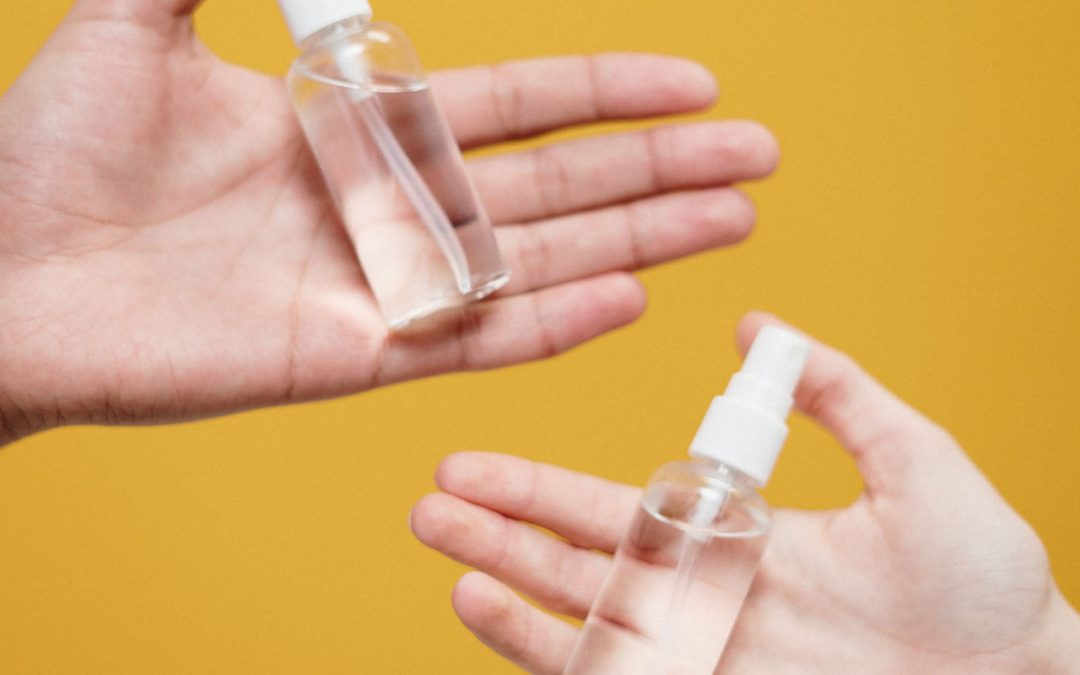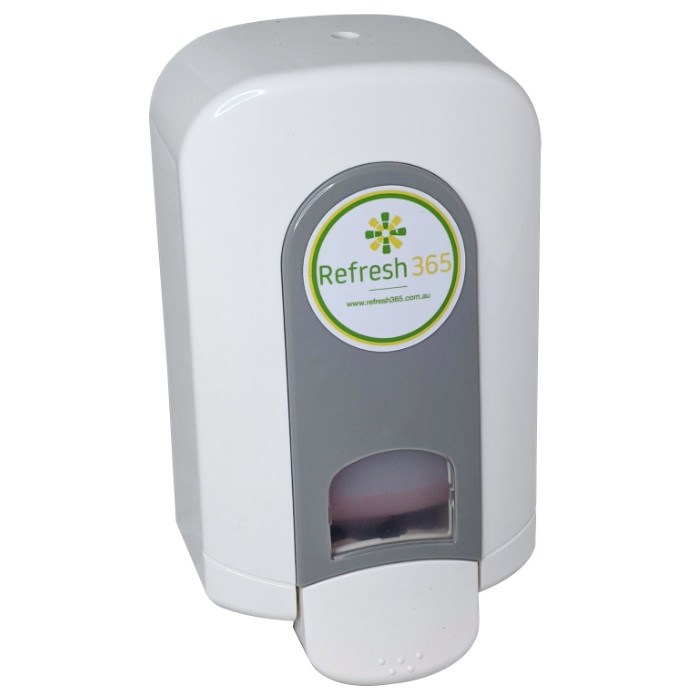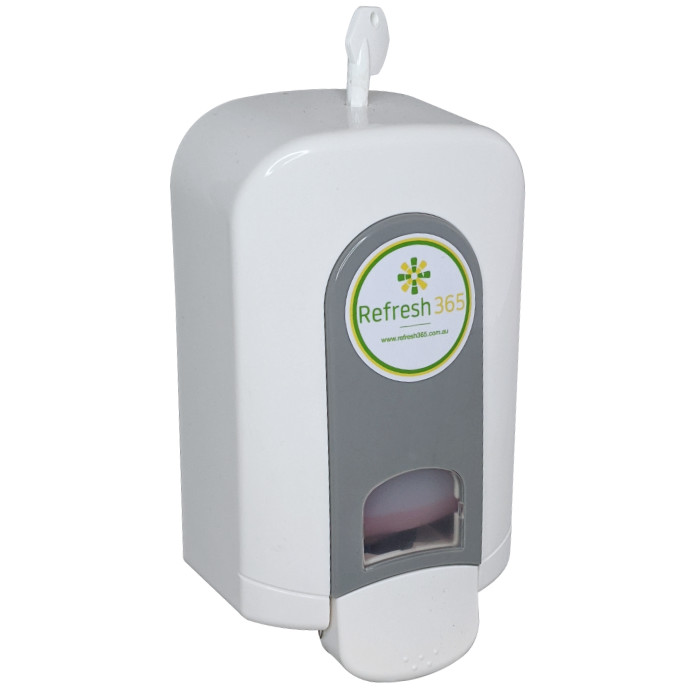Cleanliness During a Pandemic
Nobody expected 2020 to go the way that it did, but after the initial struggle, most of us have got a pretty good hang on the way to go about life during a pandemic. Obviously, in accordance with the current happenings, all of us have had to make a lot of changes to our daily routines and interactions- some minor, and other drastic. The goal is simple- lower the risk of the transmission of Coronavirus as much as possible. And cleanliness is the key to doing that.
Apart from wearing a mask and social distancing, the most recommended practices include frequent hand washing as well as hand sanitisation. Today, we will answer some critical questions that you may have regarding your little travel size bottle of hand sanitiser:
What Does Hand Sanitiser Contain?
Most hand sanitisers are alcohol based, which means they will contain some percentage of alcohol as their main ingredient. The alcohol can be ethanol, isopropanol, or n-propanol. This is mixed in with some form of a gel or oil to make it easier to apply.
How Does Hand Sanitiser Work?
As we mentioned, the primary component of a hand sanitiser solution is alcohol. Alcohols have the ability to kill pathogens like bacteria and viruses and render them inactivated as they either tear apart its outer membrane or interfere with its metabolic machinery. The chemical helps in the denaturation of the proteins in the organism’s cell membrane, dissolving it and effectively killing it.
How Much Alcohol Should My Hand Sanitiser Contain?
You will find that hand sanitisers come with a wide range of alcohol levels. The alcohol level in the mixture is represented with a percentage. It is typically advised that you use a sanitiser having over 60% alcohol concentration as anything below that is simply not as effective. The most effective range lies between 60-95% of alcohol.
Can Hand Sanitiser Cause an Adverse Reaction?
The concentration and amount of each component in your hand sanitiser is not enough to cause you any harm. So you can rest assured that you will not experience any adverse or toxic effects after application. The only possibility is dry hands after excessive use over a period of time, but even then the irritation is very mild at its worst.
Will My Hand Sanitisers Expire?
Your hand sanitiser bottle will typically harbor an expiration date, but you should consider it more of a ‘best used before’ date instead. While the concentration of alcohol in the container gradually decreases as it evaporates when you open the bottle, your sanitiser never really ‘expires’ in the true sense of the word. So you can safely use it even a couple of years after its Best Before date.
What’s Better: Hand Sanitisation or Hand Washing?
While using a hand sanitiser certainly presents with an easy way out, washing your hand with soap and water is still the preferred method of ensuring hand cleanliness, especially when it comes to protection against COVID-19. If you have access to soap and water, always prefer using that over hand sanitiser as it is more effective in killing the germs on your hand.



